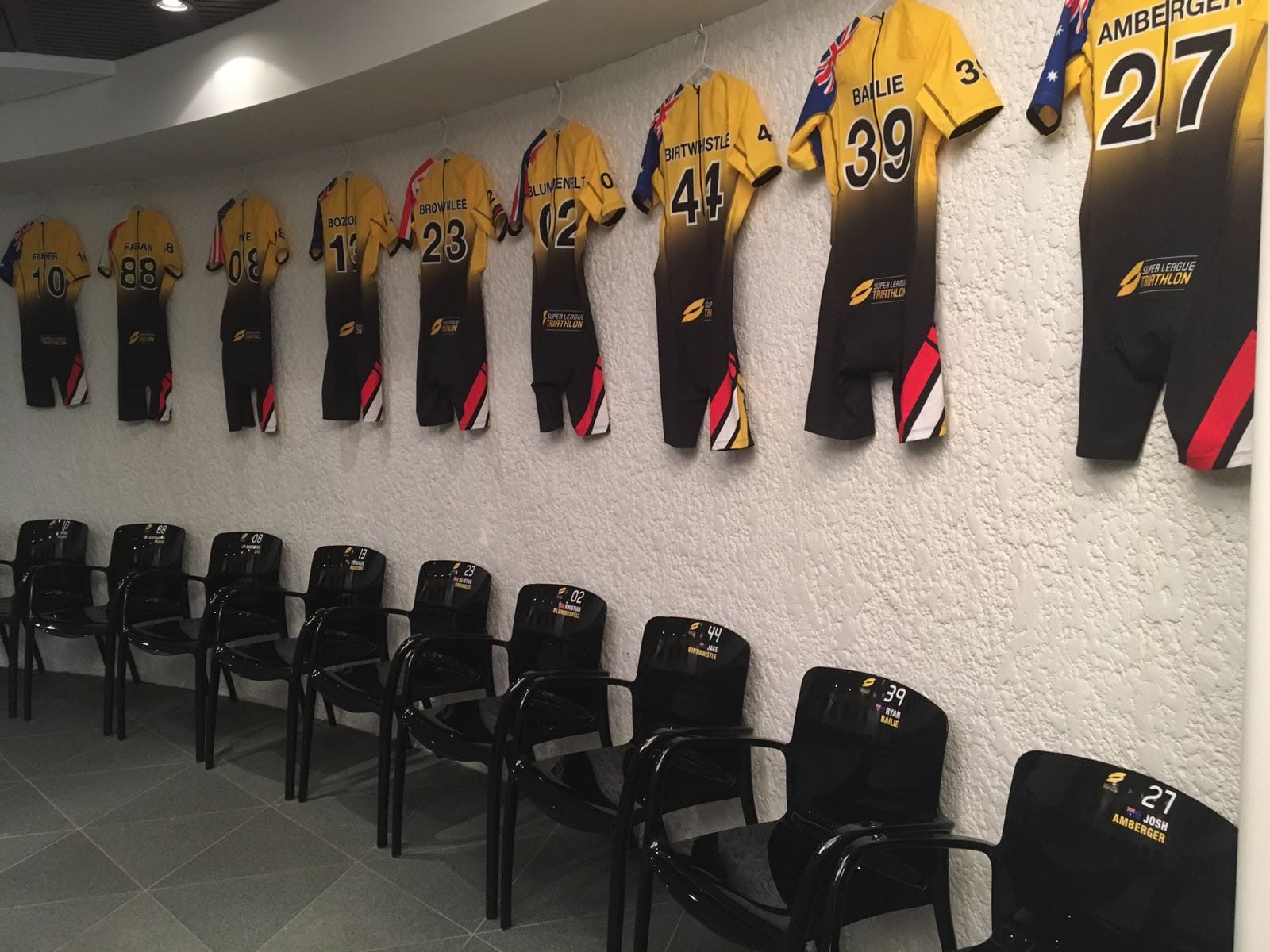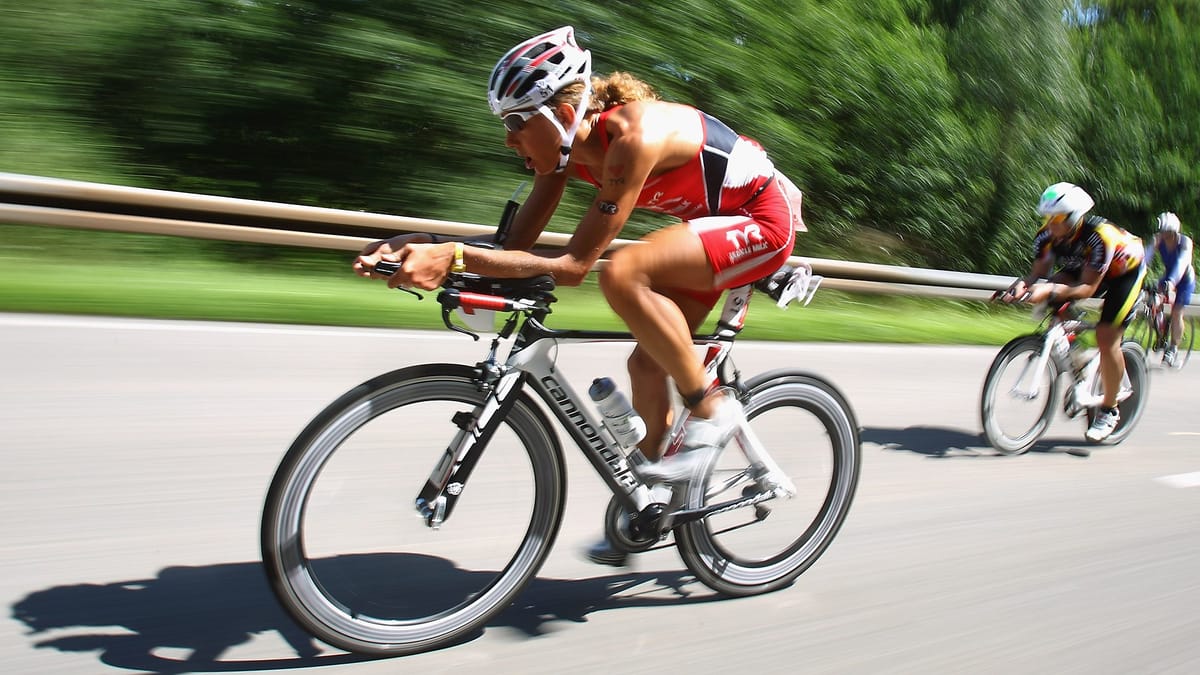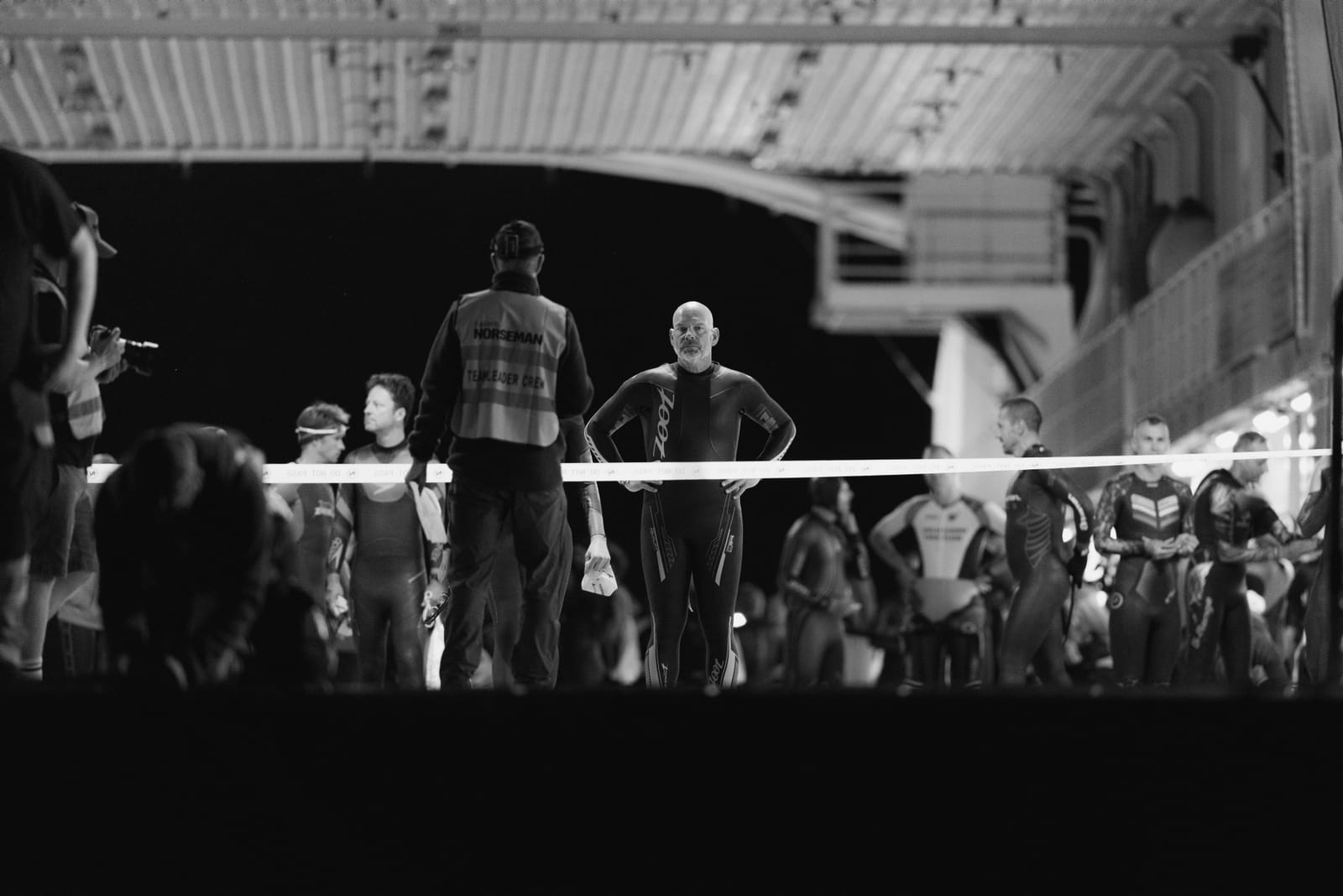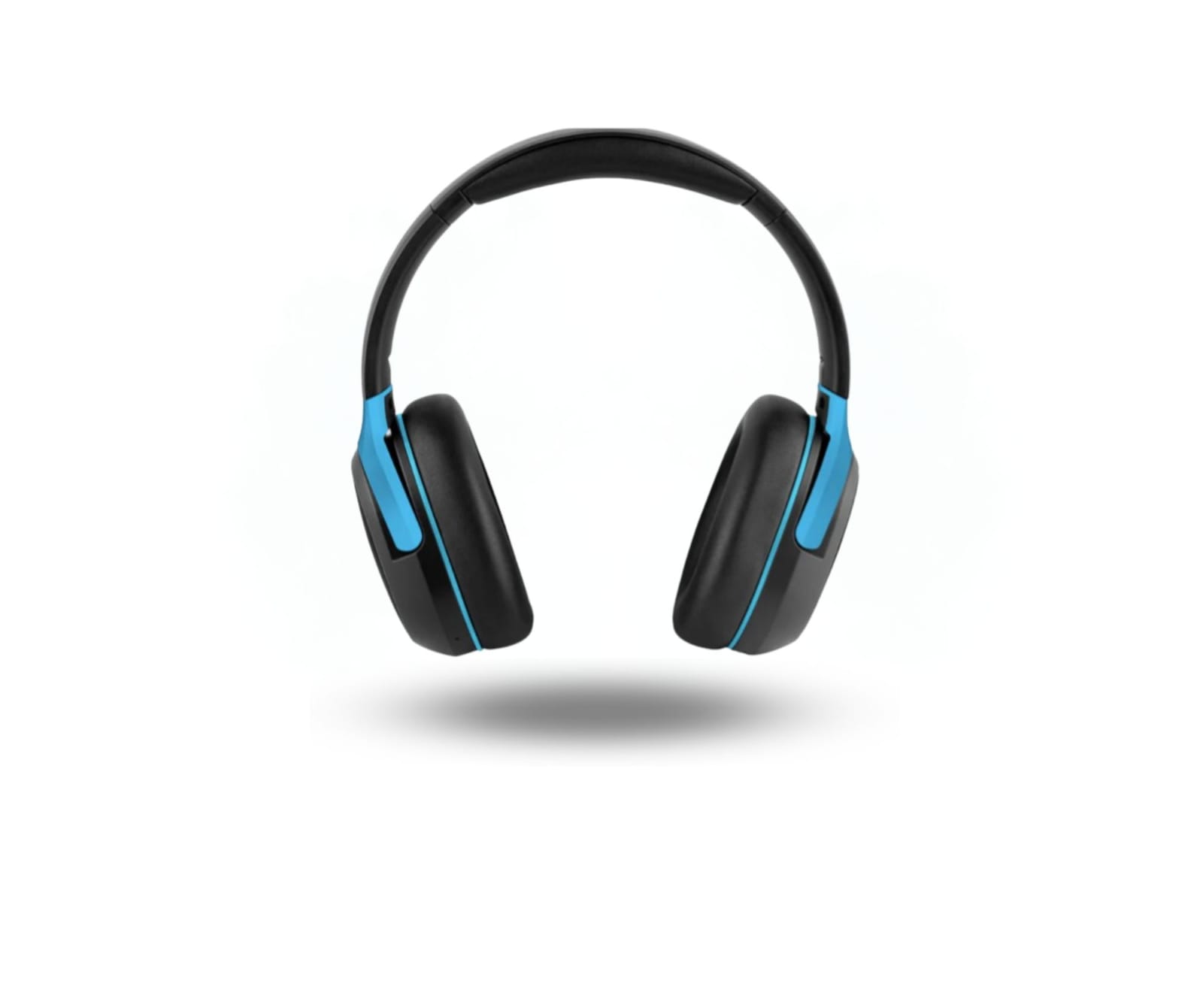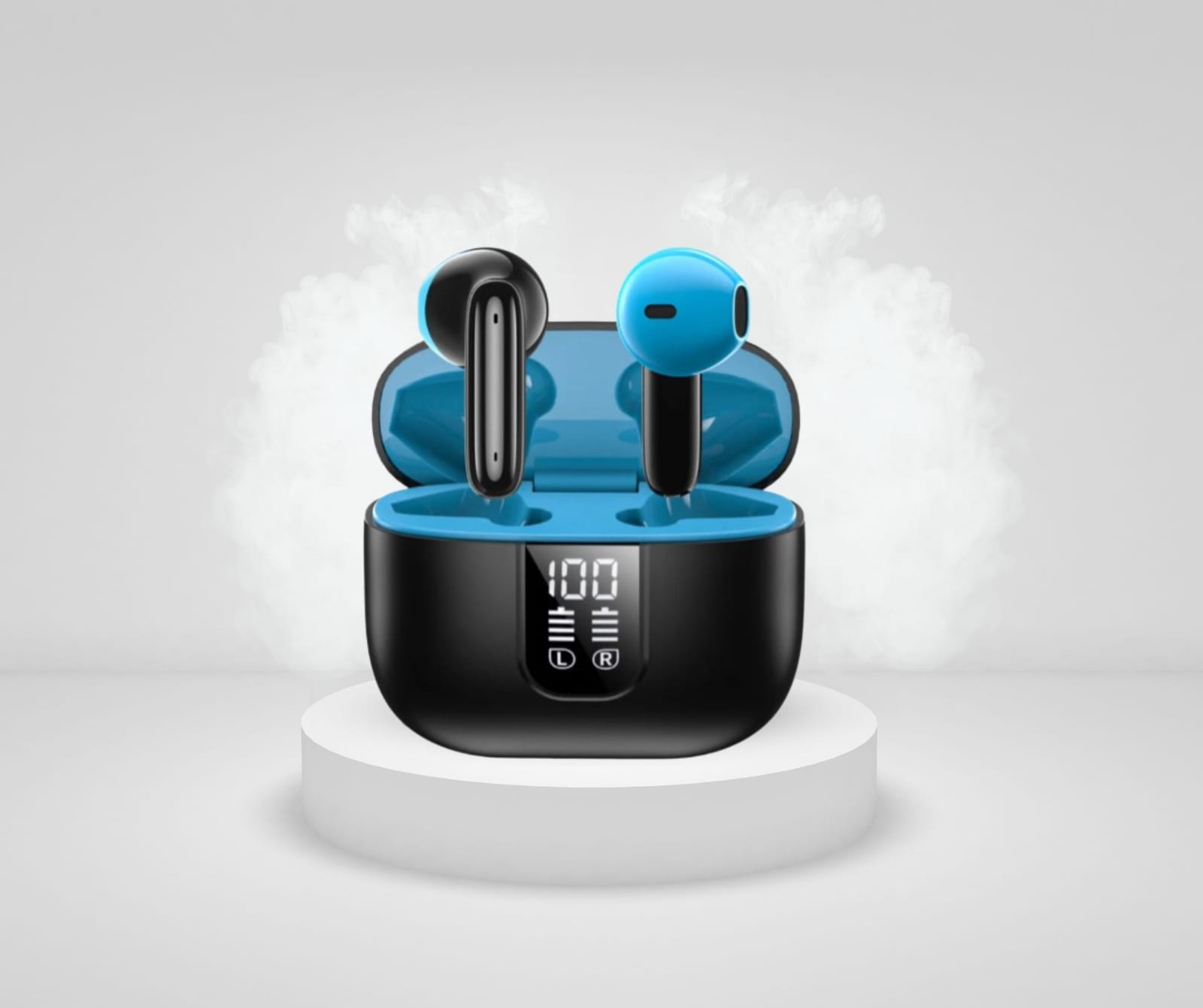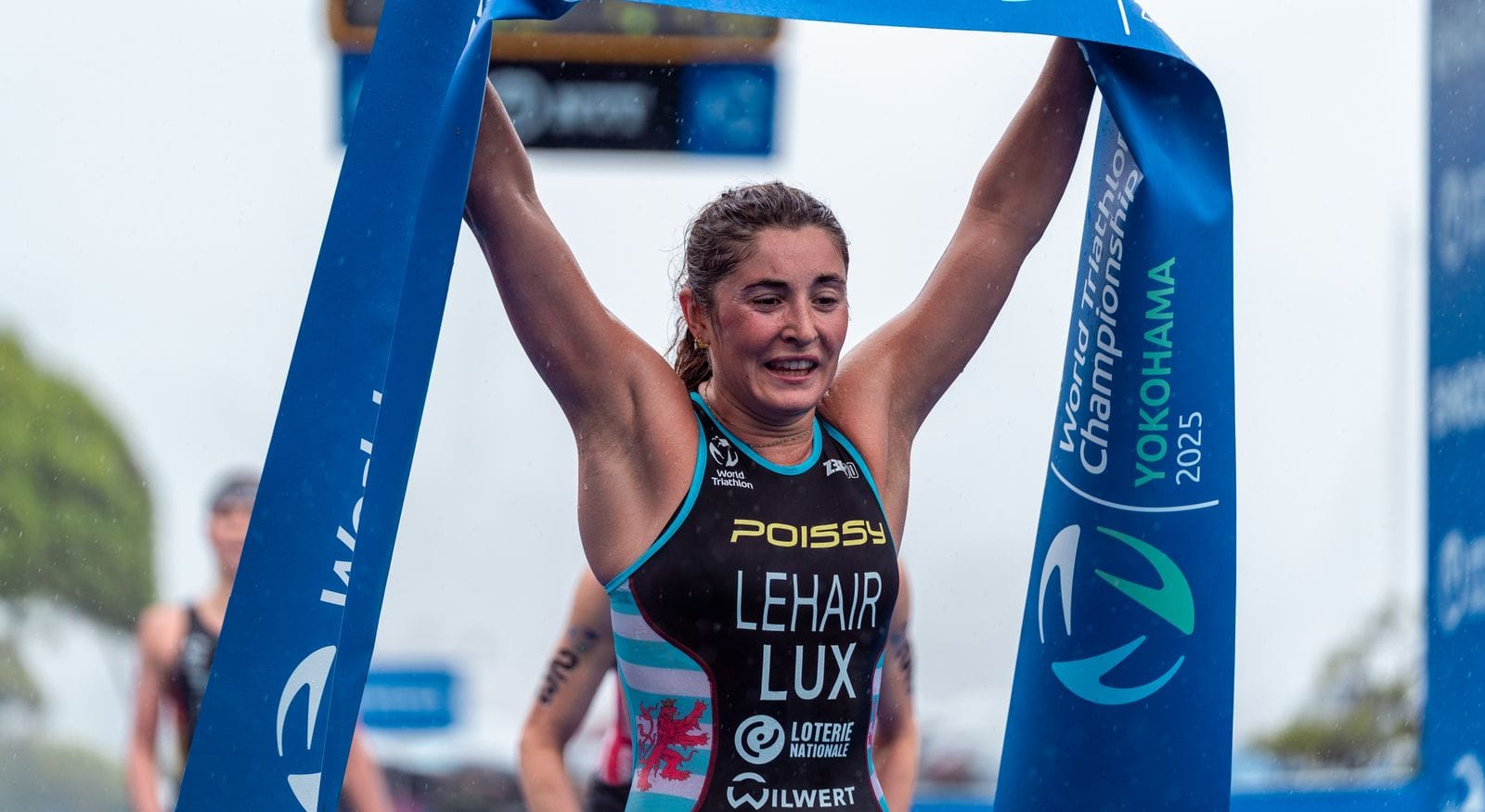Race numbers in Super League Triathlon serve to identify athletes not just in a single race, but across all races in a series, much like jersey numbers in basketball or football are heavily associated with the athletes who wear them. The highly visible and consistent race numbers will allow fans to keep track of their favorites throughout the fast and furious racing at all Super League Triathlon events. They also serve as another avenue for self-expression as these numbers become part of these athletes’ branding within Super League Triathlon. Two couples known to train, travel, and race together in the ITU are racing under the same numbers. Richard Murray and Rachel Klamer are number 07, while Mario Mola and Carolina Routier are number 03. At Super League Hamilton Island, Richard had taken the top spot while Mario was consistent and came in runner-up.
Super League Triathlon co-founder Chris McCormack surmises they may be banking on a relationship advantage, with both couples drawing strength from being in sync with each other. “I like Rachel and Richard; they are a super couple. She’s dynamic, she’s had success, she’s been European champion. Richard came into Super League Hamilton Island under the radar and maybe she’s going to take some pointers from the first Super League Triathlon champion.”
As for Mario and Carol, McCormack sees them as opposites attracting. “She’s best swimmer among the women, the Richard Varga on that side. And ironically Mola’s weakness is the swim and her weakness is the run. It’s interesting these dynamics bring these people together.”
McCormack found it interesting that none of the female athletes had taken the number 01, unlike Javier Gomez Noya on the men’s side who had without hesitation laid claim to the prime number. “Picking this number is also a statement of confidence and pressure. In all other sports, one signifies the best. Why did people shy away from this?” Macca asked.
The closest an athlete came was three-time world champion Laura Lindemann, who chose number 11 because she loves the number 1. Perhaps it was out of respect for the notable absence of one athlete that has cast her shadow over ITU and Olympic racing in the past four years.
Instead, the athletes preferred to link their numbers to personal significance, with birth dates and ages being a popular choice (Mariya Shorets – 09; Lucy Hall – 92; Kristin Kasper – 91; Dan Halksworth – 31). Others referred to their athletic achievements for their nations. Tyler Mislawchuk was the 65th person to represent Canada in a world championship as an elite. Agnieszka Jerzyk raced for Poland with the number 51 at her first Olympics in London. And superstition still played a major role in number selection: Ben Dijkstra went with 80 because 8 was his childhood lucky number, while Summer Cook picked 99 because it was her college track coach’s lucky number.
Meanwhile, Andreas Schilling tapped into his competitive side when he selected his number, 00. This mysterious-looking number is never used in competition. “It looks like two eyes keeping an eye on the other guys,” Schilling quipped. However, the zeroes can also be taken to mean losses. One hopes he does not leave Super League Jersey empty-handed.
Fernando Alarza has associated himself with the number 96 because it looks like a butterfly, which to him represents freedom. One wonders if he is aware of its significance in numerology, where 96 represents a yearning to reach the ideal. As the third-ranked Spaniard in the World Triathlon Series, he may subconsciously be expressing a desire to reach perfection.
One athlete bucked the superstitious implications of her chosen race number. Claire Michel chose the notorious number 13, which is hard if ever assigned at races in the ITU. She said, “Not only was I born on the 13th of October, but it is a number that doesn’t exist in ITU, so I think it is an appropriate number for a dark horse.”
McCormack said of her choice, “She’s willing to take a gamble. It also speaks of how she sees herself in relation to the rest of the field and what her approach will be to racing against them.”
Whatever the reasons for selecting their race numbers, these tie into these athletes’ state of mind and the passion and attitude with which they will approach the competition. These numbers represent who they are, and they will be racing with their entire being.


